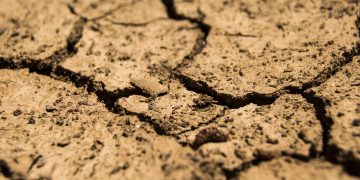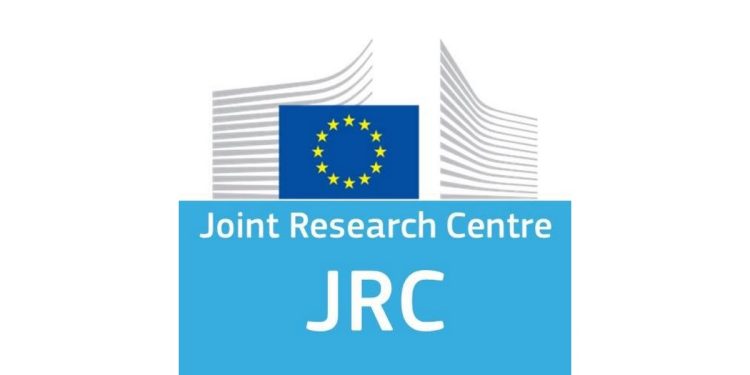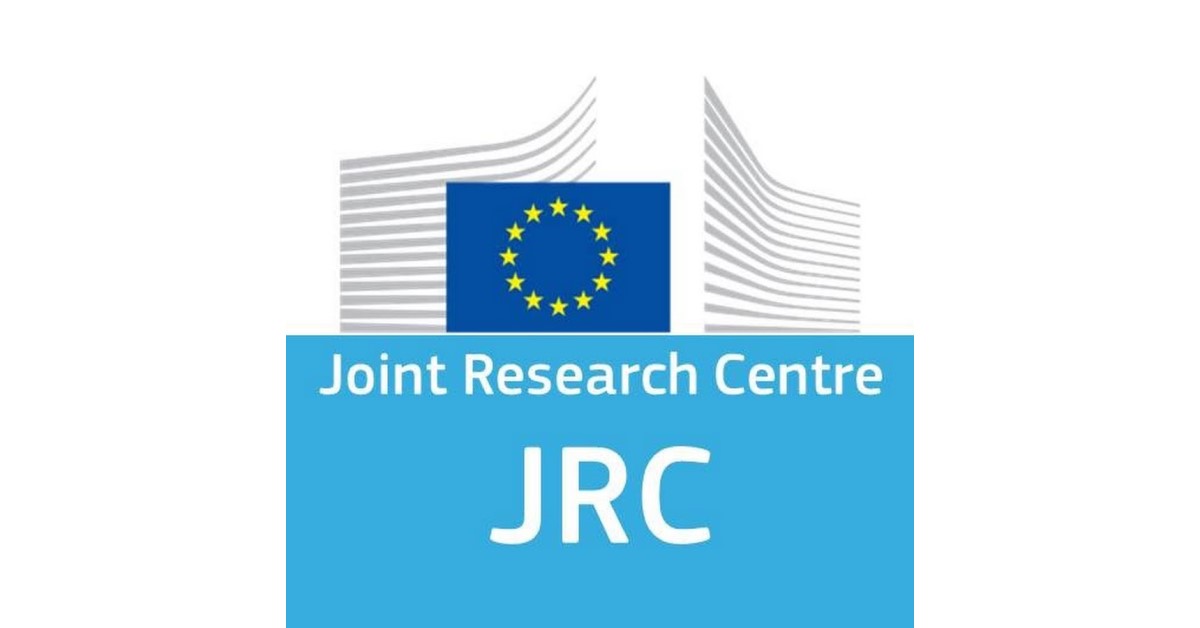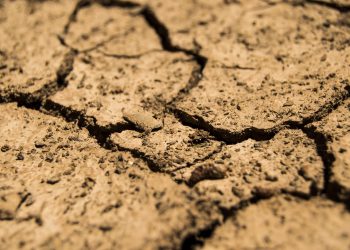The rapeseed sowing campaign was instead completed under adequate conditions since a more favourable weather has so far sustained crop emergence in the main producing regions.
Wetter- and warmer-than-usual conditions prevailed in most of Europe; colder-than-usual in Scandinavia.
Since the beginning of October, sowing conditions have been generally favourable in most of central Europe.
However, in western and parts of northern Europe, excessive rainfall since mid-October has delayed or prevented the conclusion of the sowing campaign. Conversely, dry conditions in southeastern Europe have led to poor sprouting.
In western Europe, the sowing campaign and sprouting of winter cereals faced severe disruptions due to frequent and heavy rainfall.
In the Scandinavian and Baltic states, the winter cereal sowing campaign was completed in October within a suitable time window. Local waterlogging may lead to resowing of spring cereals in some areas.
In eastern Europe, dry soil conditions followed by frequent rainfall or persisting unfavourable dry conditions delayed sowing, increased pest pressure and caused weak sprouting.
In part of southern Europe, persisting above-average temperatures and scarce precipitation delayed winter wheat sowing.
Further information
JRC MARS (Monitoring Agricultural Resources) Bulletins
The latest information about global agricultural production hotspots for countries at risk of food insecurity is available on the JRC’s ASAP (Anomaly hot Spots of Agricultural Production).
O artigo foi publicado originalmente em JRC.






















































